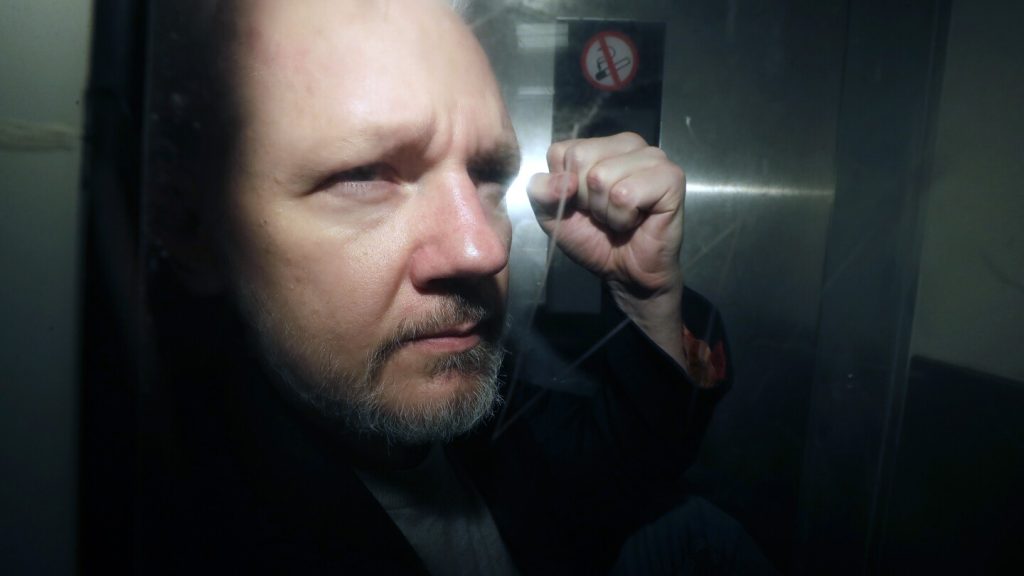Assange’s legal team has been fighting to prevent his extradition to the U.S. for espionage charges, arguing that he is a journalist who exposed military wrongdoing. They fear that he could face a politically motivated prosecution and a denial of justice if sent to the U.S. The U.S. government, however, contends that Assange’s actions were not those of a typical journalist but instead put lives at risk by soliciting, stealing, and publishing classified government documents. The judgment from the London court could potentially bring an end to Assange’s long legal saga or extend it further.
Assange, who has been held in a British high-security prison for the past five years, has faced deteriorating physical and mental health during more than a decade of legal battles. His family and supporters have been advocating for his release, with his wife Stella Assange calling him a political prisoner. If convicted, Assange could face up to 175 years in prison, although American authorities have suggested that the sentence may be shorter. Assange took refuge in the Ecuadorian Embassy in London from 2012 until 2019 to avoid extradition to Sweden on sexual assault allegations.
The decision of the High Court in London on whether Assange will be granted one final appeal in England to challenge extradition to the U.S. is eagerly awaited. If Assange fails to win the right to appeal, his legal team may seek intervention from the European Court of Human Rights to block any potential transfer to the U.S. Assange, who founded WikiLeaks and published classified U.S. documents almost 15 years ago, has been indicted on 17 espionage charges and one charge of computer misuse. The outcome of the judgment on Tuesday morning could have significant implications for his future.
Assange’s lawyers have been making a strong case for his defense, arguing that his actions were in the public interest and that he was acting as a journalist uncovering government misconduct. They have raised concerns about the potential consequences of his extradition to the U.S., citing fears of a biased prosecution and a violation of his rights. Supporters of Assange have been vocal in their calls for his release, emphasizing his role as a whistleblower and advocate for transparency in government activities. The legal battle surrounding his extradition has captured international attention and has raised important questions about press freedom and government accountability.
The impending judgment from the High Court will determine whether Assange’s legal saga will come to a close or continue to be prolonged. The decision will have significant implications for Assange’s fate and could set a precedent for future cases involving journalistic freedom and government secrecy. As the world watches the outcome of the ruling, the focus remains on ensuring a fair and just resolution for Assange, whose actions have sparked debates about the role of journalists in holding those in power accountable. The case has underscored the complexities of balancing national security concerns with the principles of a free press, highlighting the need for a nuanced approach to addressing such issues in a rapidly changing media landscape.














